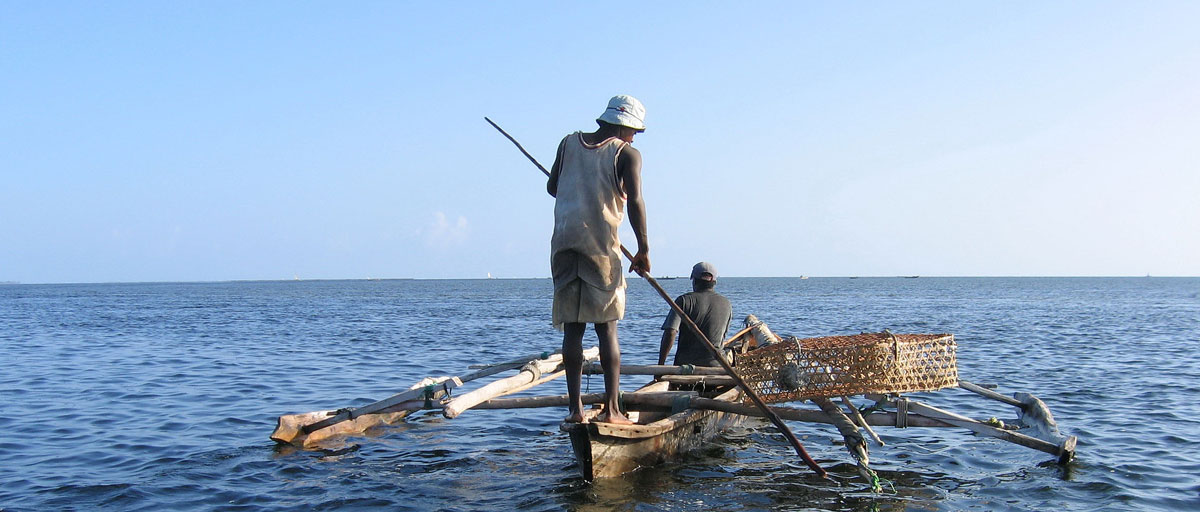A global assessment of structural change in development funding for fisheries
Summary
Foreign aid constitutes a significant part of the national income of many developing countries. Fisheries are often of relevance for livelihoods and food security in these countries, so funding aimed at supporting sustainable fisheries can directly contribute to human well-being. In theory, foreign aid is aimed at promoting the economic development and welfare of developing countries and its allocation should therefore be aligned with development needs. However, the aid literature points to colonialism and donor self-interest at national levels as well as in the international arena as important forces shaping aid flows. Using network analytical techniques, this study examines to what extent both the magnitude and structural patterns of Official Development Assistance (ODA) funding for fisheries have changed over time (2002–2016) and what appear to be sources of stability or long-term tie formation in the network. The resulting network demonstrates that short-term ties, typically over a single year, are the norm for fisheries-related ODA, while long-term ties are uncommon. Among donor states, Japan has fostered the greatest number of donor-recipient ties over the entire study period, which in some cases appear to overlap with geopolitical priorities. The existence of historical colonial linkages is a poor predictor for ties that last the entire 15 years under examination; however, they are a strong predictor of shorter duration ties. The analysis suggests that more effort is needed to optimize resource use towards achieving the international development agenda reflected in the Sustainable Development Goals.







